Eating healthily can be challenging, particularly when trying to achieve optimal health. Not only must we avoid unhealthy foods and snacks, but we must also incorporate certain components into our diet that can improve health and wellbeing. By understanding the seven diet components for optimal health you can learn how to make smarter food choices and create a diet tailored specifically to you and your wellness.
1) Carbohydrates
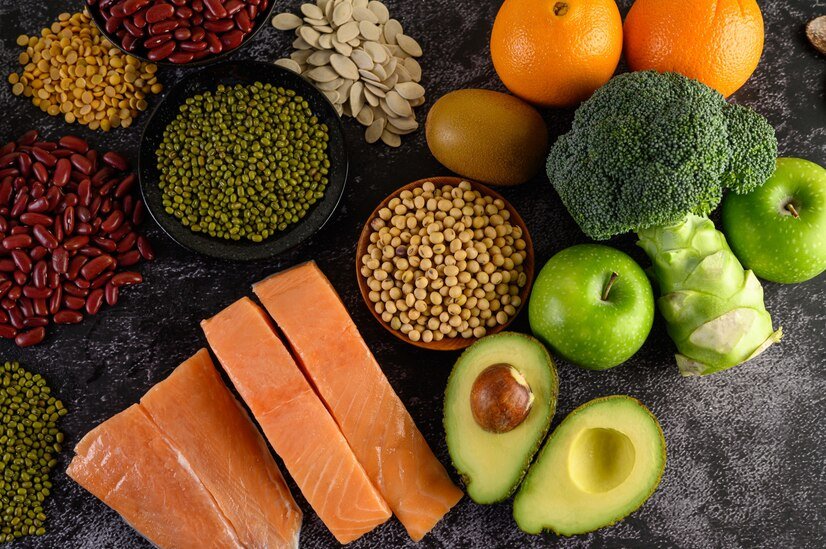
Carbs are considered one of the main macronutrients essential to overall good health. From energy production during digestion, to improving memory and cognition when consumed moderately; carbohydrates play a vital role in our lives and health.
Whole grains, legumes, fruits and vegetables provide optimal levels of nutrition and fibre compared to other forms of carbs; other forms such as refined grains and sugars should be avoided because they provide minimal health benefits and cause blood sugar levels to fluctuate quickly and unexpectedly, potentially leading to insulin resistance, obesity or even diabetes.
2) Fiber
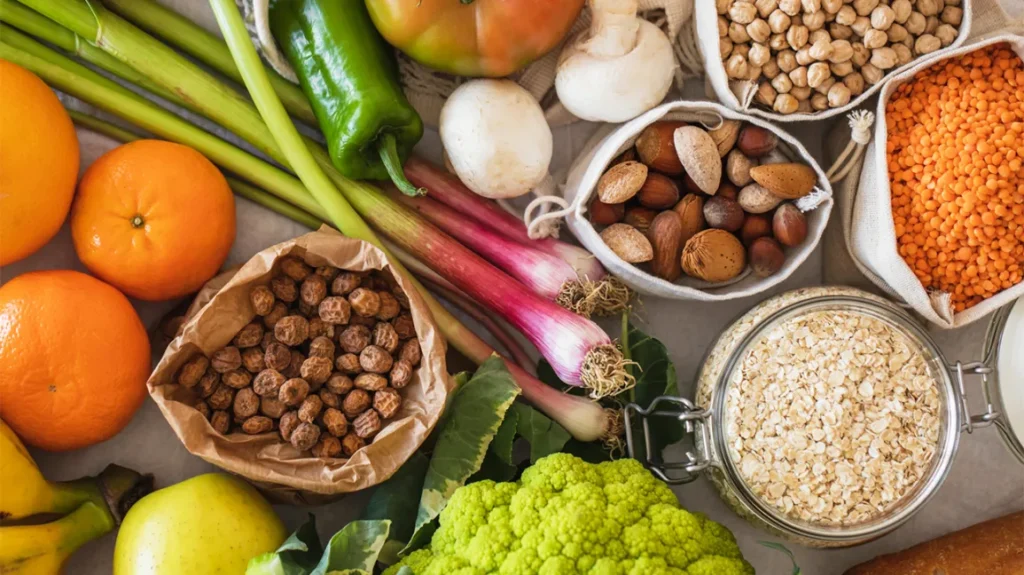
As part of an effective health regimen, it’s crucial that we consume a wide range of foods that contain essential vitamins and minerals. Adults should aim for 25 grams of daily fiber consumption while those over 50 should aim for 35 grams a day. Examples of foods high in fiber that also offer essential vitamins and minerals include whole grains, fruits & vegetables, nuts & seeds as well as legumes – but keep in mind not all high fiber foods are low calorie options! It is also essential that nutritious options be selected.
3) Healthy Fats
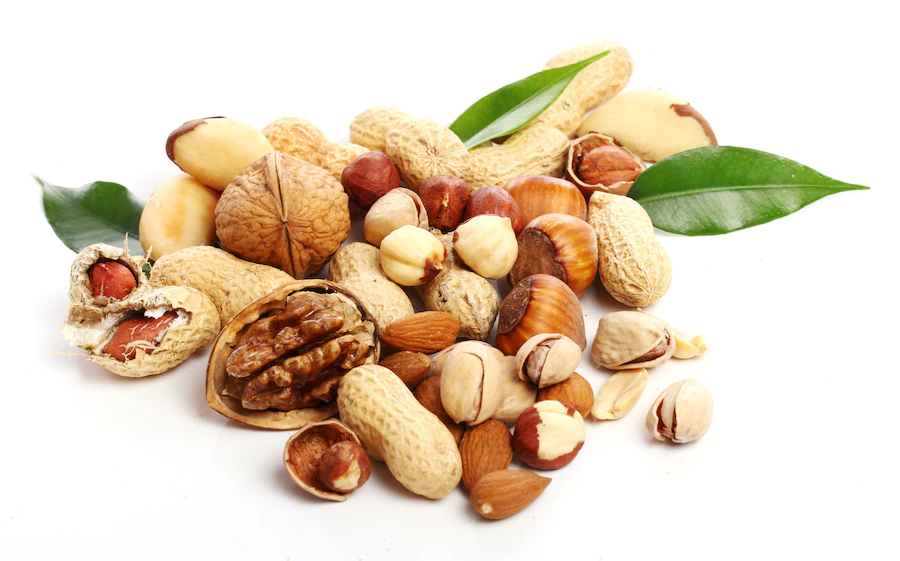
Fats are essential components of optimal health and can be found in various forms such as oils, nuts and seeds. Good fats help reduce inflammation, regulate hormones and support brain function and mood improvement – as well as helping prevent diseases like heart disease, Alzheimer’s and type 2 diabetes. Many individuals believe they should eliminate all fat from their diet altogether; this should not be done.
Everyday it is recommended that we consume some healthy fats. Good sources include avocado, salmon, nuts and seeds as well as olive oil – many types of nuts and seeds also provide protein as well as many essential vitamins and minerals. It’s important to remember that not all types of fats are equal though – saturated, hydrogenated and trans fats should be avoided as these may damage health further and increase risk of heart disease.
4) Vitamins And Minerals

Vitamins and minerals are integral components of good health, as they serve numerous roles within our bodies. From supporting immune health, inflammation reduction, eye health improvement to helping prevent cancer or any number of diseases; vitamins and minerals have numerous functions. While many believe consuming a balanced diet alone will provide enough vitamins and minerals, this is often not possible; supplementation may be required in order to reach daily requirements.
Many Americans don’t get enough essential vitamins and minerals, which can lead to health issues. Eating a well-balanced diet combined with taking multivitamin supplements is the ideal way to ensure getting enough of these important elements – though note that not all multivitamins offer equal absorption rates or use by your body without proper cofactors for digestion or absorption purposes.
5) Antioxidants
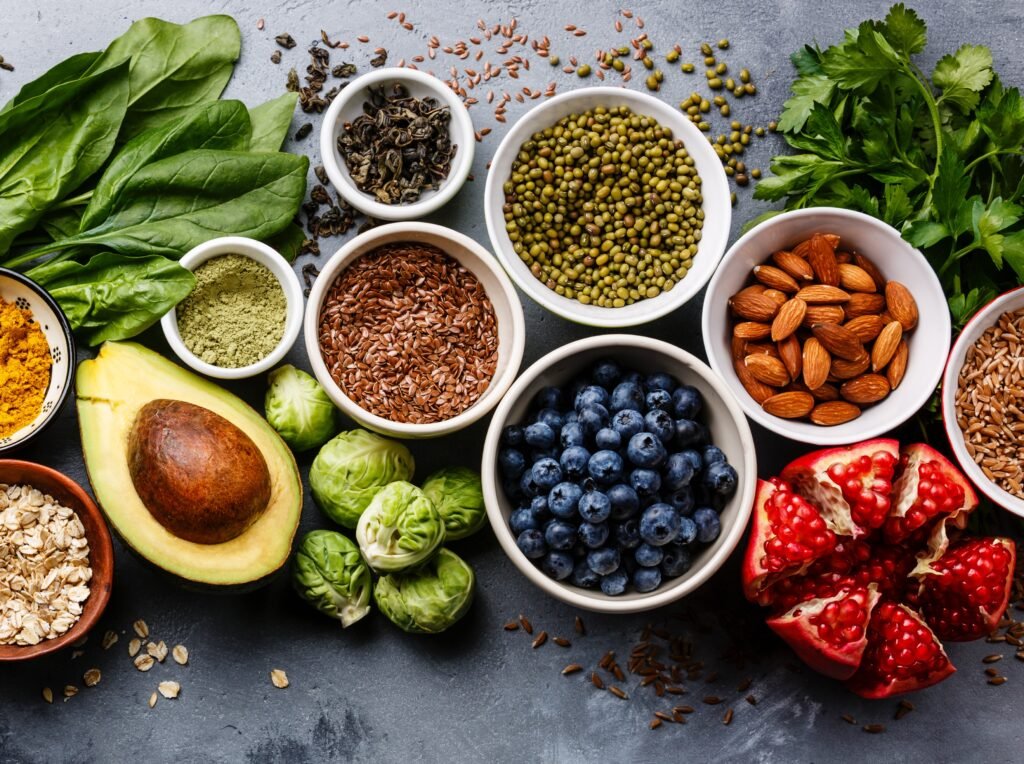
Antioxidants occupy a vital place in maintaining good health, and can be found in numerous plant sources like fruits and vegetables. Antioxidants reduce inflammation in the body while also helping prevent diseases like heart disease, cancer, and Alzheimer’s. Although people commonly associate antioxidants with fruits and vegetables alone, other food sources contain high concentrations of them – nuts & seeds, red wine, dark chocolate are also rich sources of antioxidants – it’s recommended that individuals get two-three cups of fruits & veggies each day to ensure adequate antioxidant intake.
Many fruits and vegetables are rich in vitamins and minerals, making it easy to meet daily recommendations simply by eating fruits and vegetables. To get maximum antioxidant benefit from fruits and vegetables it’s best to eat them raw or lightly cooked as heated cooking destroys most antioxidants.
6) Probiotics
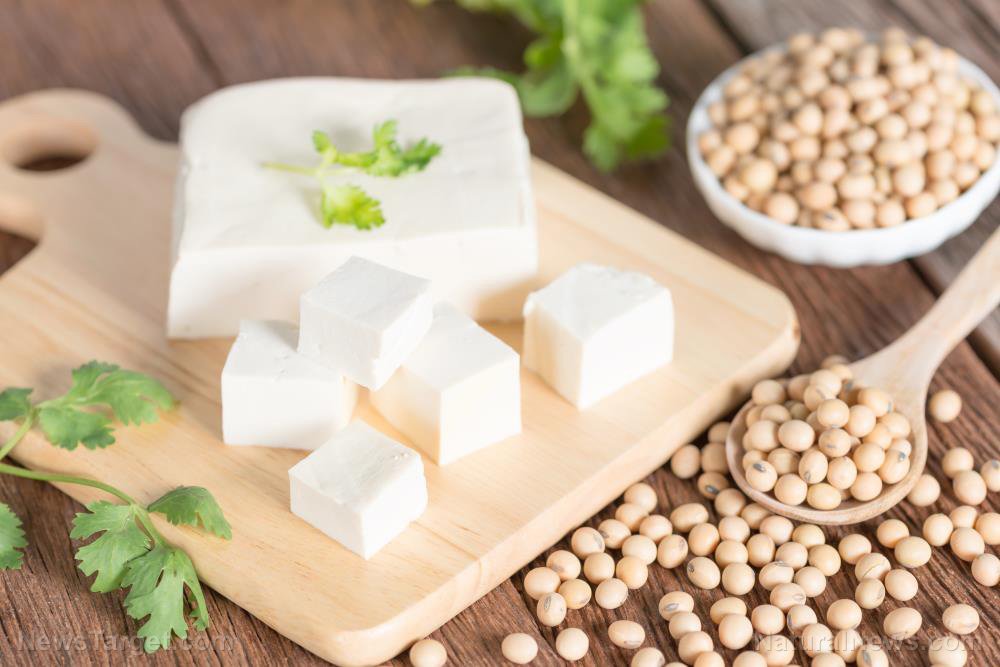
Probiotics are an integral component of overall wellness, found in fermented dairy products, certain fruits, and vegetables. Probiotics help regulate immune systems to fend off allergies, obesity, and diabetes – but many don’t get enough probiotics in their diet – eating probiotic-rich food may also provide additional vitamin and mineral intakes; thus incorporating more probiotic-rich meals into daily meals to meet RDIs (recommended daily intake).
Probiotics are best obtained through eating fermented vegetables and dairy products such as yogurt, kimchi, sauerkraut and kefir – among many others. Keep in mind that not all probiotic-rich foods also provide essential vitamins and minerals – it is wiser to diversify your diet for the greatest probiotic intake possible.
7) Phytonutrients
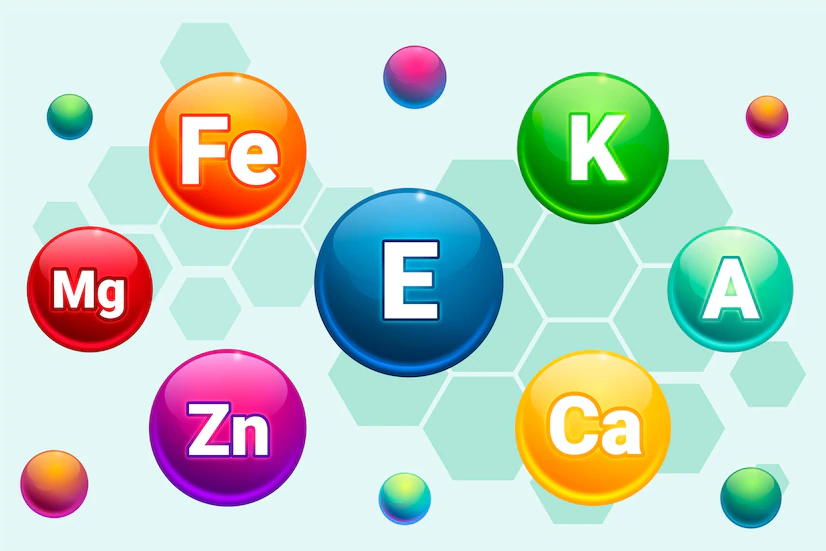
Also Refer:- 5 Simple Diet to Lose Weight in One Week
Phytonutrients are essential components of optimal health, found in fruits and vegetables in abundance. Phytonutrients help regulate immune function, prevent diseases and reduce inflammation in the body – however many people don’t consume enough phytonutrient-rich food, making these sources an excellent way of supplementing vitamin and mineral consumption in your diet.
Diets rich in fruits and vegetables provide an easy way to achieve the daily recommended dose of phytonutrients, with many also being rich in vitamins and minerals – providing ample sources of both. It’s important to remember that not all fruits and vegetables provide equal amounts of both phytonutrients and vitamins and minerals; for optimal results it is wise to consume an array of produce so as to get enough of each.








Leave A Comment